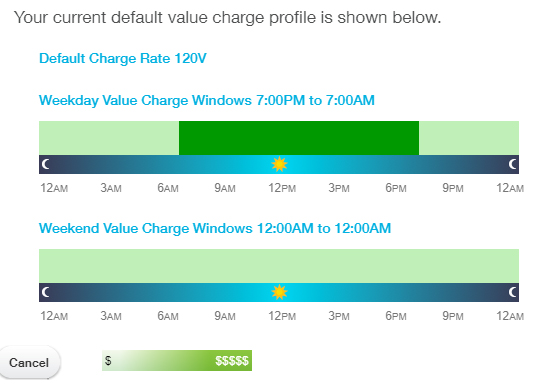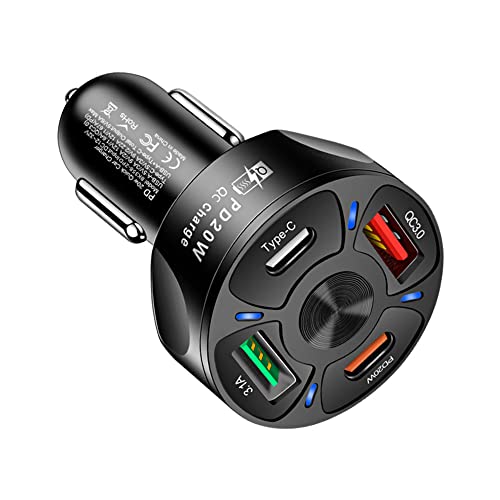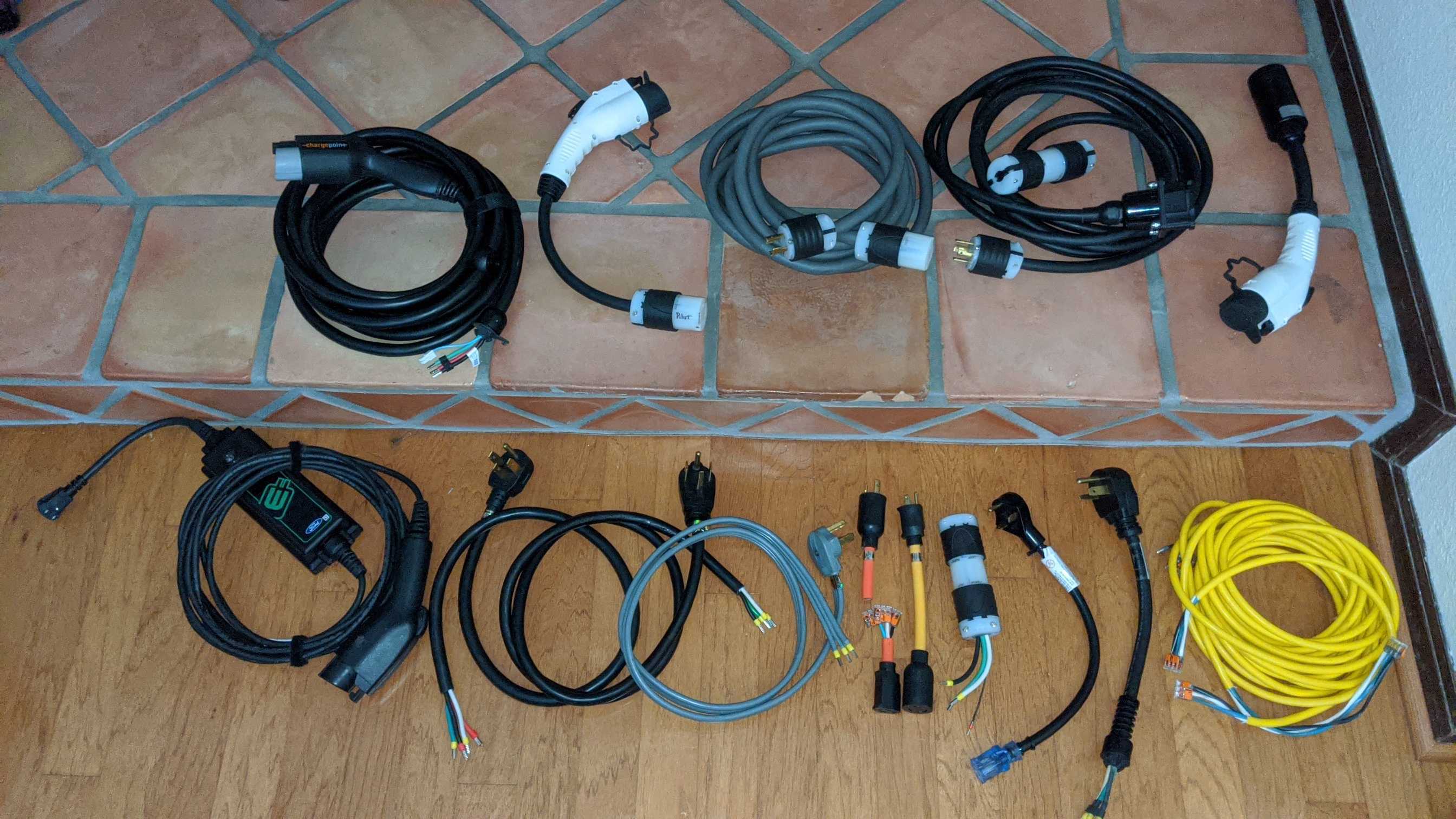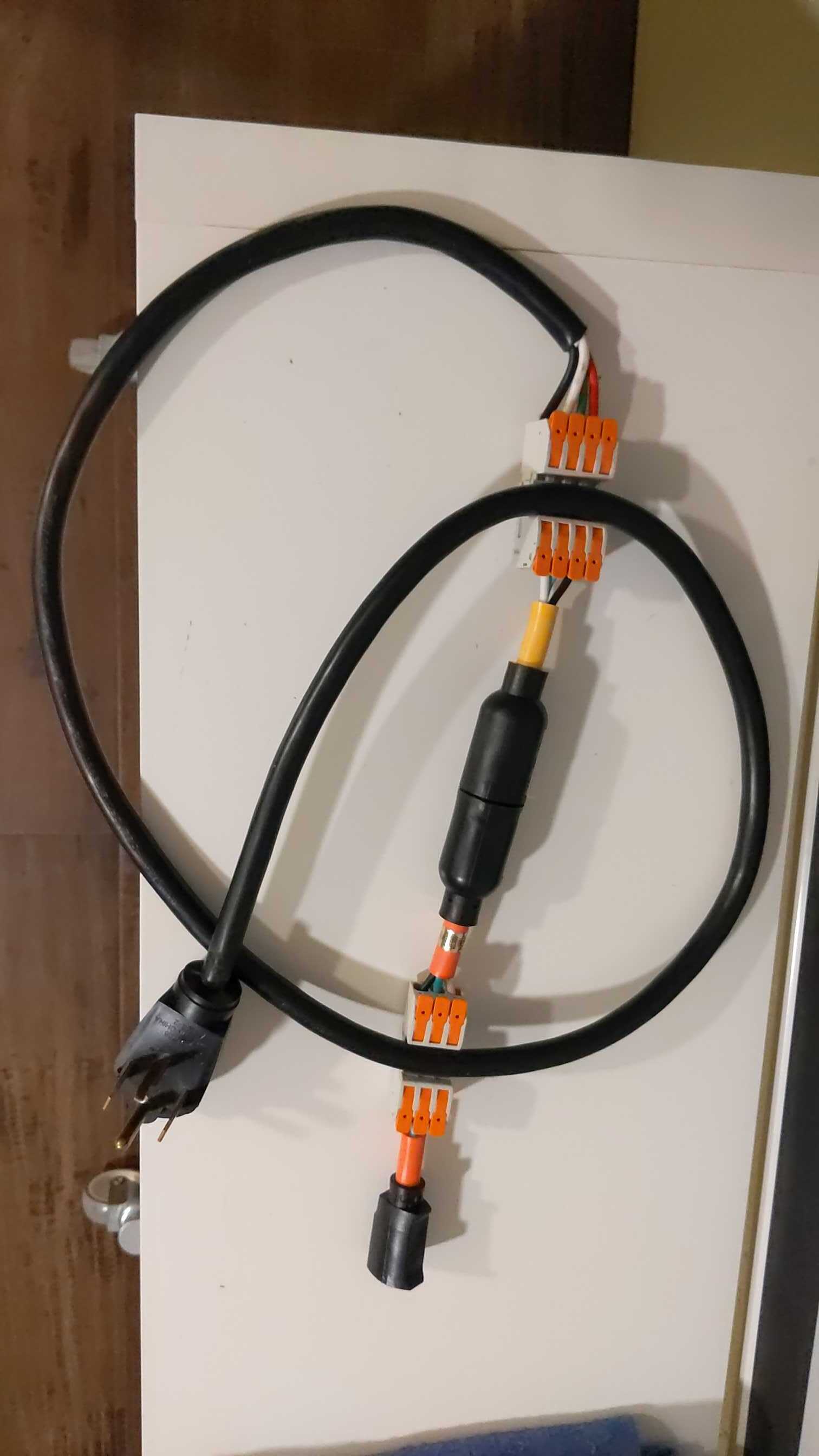Alright, so I believe that model has been recalled and replaced with a new one. I was going to keep mine and Ford snuck it out when I brought it for something else. Not sure what the ford part # is but the OEM model on mine is CC-C-L2-13-300-B, with the CC being ClipperCreek.
If you get one of those cords (Ford should literally have them on hand to swap as needed) you can actually hook it to 240V with an adapter - the guts are a legitimate 240V EVSE that has been setup to just 'carry on' when it sees 120V instead of freaking out and throwing an error like most 240V units would. Some of those original Ford travel cords would work on 240V as well but they had many revisions and not all were spec'd to that level.
I mention this because I am not sure if it actually enforces value charge times for the travel cord as it pulls a max of like 1.4kW
If I'm not mistaken the car actually won't run battery cooling when connected to 120V because it would potentially drain the battery any time the EVSE couldn't supply enough power for the AC compressor, and other times it would basically not be able to charge with the extra load offsetting anything coming in.
The heating does not pull as much - it maxes at 900W for the battery heater, but that means the travel charger is going to be giving your battery almost no charge when it needs those heaters. So I do believe it simply does not do any battery conditioning (heating or cooling) on 120V. Again because that cord is a last resort type device and that extra load would make it nearly useless for charging. Sorry I didn't remember this earlier - mine has been up on jackstands in the garage for most of the year :/
If you can get the replacement cord and adapt to a 240V plug, the car would treat it as a proper EVSE (albeit only putting out 2.5-2.8kW). It is not a solution that is "up to code" as it requires you to at some point have a 120V receptacle that is actually at 240V. In that vein I usually make the 240V adapter as short as possible and try to connect directly to it so it's not some random dangling socket that can get mixed up. You can also wire a legit 240V 15A plug on the charger and adapt to that, but I feel like that's overkill for most.
So the summary is - it may not honor those times on 120V, it also may not honor them if the location data isn't interpreted right, and plugging it in on 120V isn't actually satisfying the prompt to plug in and heat the battery - aside from the bit of warming from the charging itself.








































